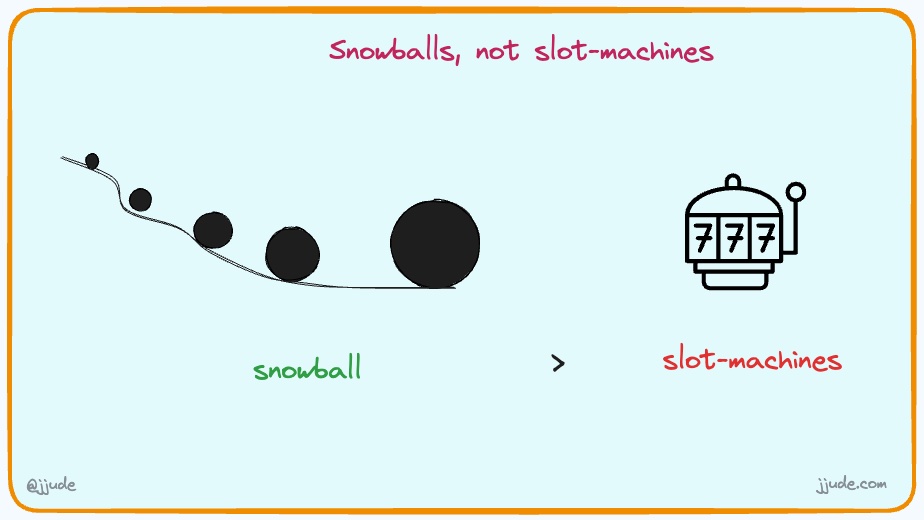You need strategy, tactics, and logistics to reach your goals. Strategy is knowing where you’re going and why. If you’re clear on these two, you’ll achieve your goals. A tactic is a road map, a detailed plan to get you there. Last but not least, logistics is the support system.
Let’s look at a few examples.
You’re thinking of buying a house. Think about why. Is it for your growing family, an investment, or retirement? Each reason changes what you expect from a house. If you’re buying for investment, maybe you’re looking for a city property with high rent potential. A peaceful community away from the city bustle might be best for retirement.
Dig deeper into the “why” to refine your strategy. If you’re buying a home as an investment, is it better to get a residential or commercial place? Or invest in an index fund? Uncertainty can lead to struggling and procrastinating. Decide what you want and why.
If you are unclear about your why, you’ll never achieve your goal.
Then comes tactics – your road map. Let’s say you want to buy a house for retirement. Start looking for good locations, nearby amenities, and potential development. Set a deadline for making a decision and figure out how much you’ll need. Break down your tactics into smaller steps: visit potential locations, consult with real estate agents, and compare mortgage options. Each step brings you closer to your goal.
Last but not least, logistics – the support system. What’s the budget and when do you need it? Are you going to take out a bank loan, how much money are you going to put down as an initial payment? Are you going to use an agent, if so, who? Can friends who bought recently in that area help you with info? To buy a house on time, you need all these things in place at the right time.
By understanding the strategy of your goal, crafting a detailed tactical plan, and building a solid logistical system, you’ll be well-equipped to turn dreams into reality.
Or consider this: you want to create a product. Why are you doing it? For fun, learning, supporting your lifestyle, or planning to sell later? Each purpose affects what features you’ll include and how you’ll manage them. The tactics include choosing the language, determining features, setting a launch date, validating the product, and getting feedback. In terms of logistics, think about the tools you’ll use and who’ll help you get to the finish line.
To achieve any goal, you need strategy (knowing what and why), tactics (a detailed roadmap), and logistics (a support system). If all three align with clarity, you’ll make your dream come true.
